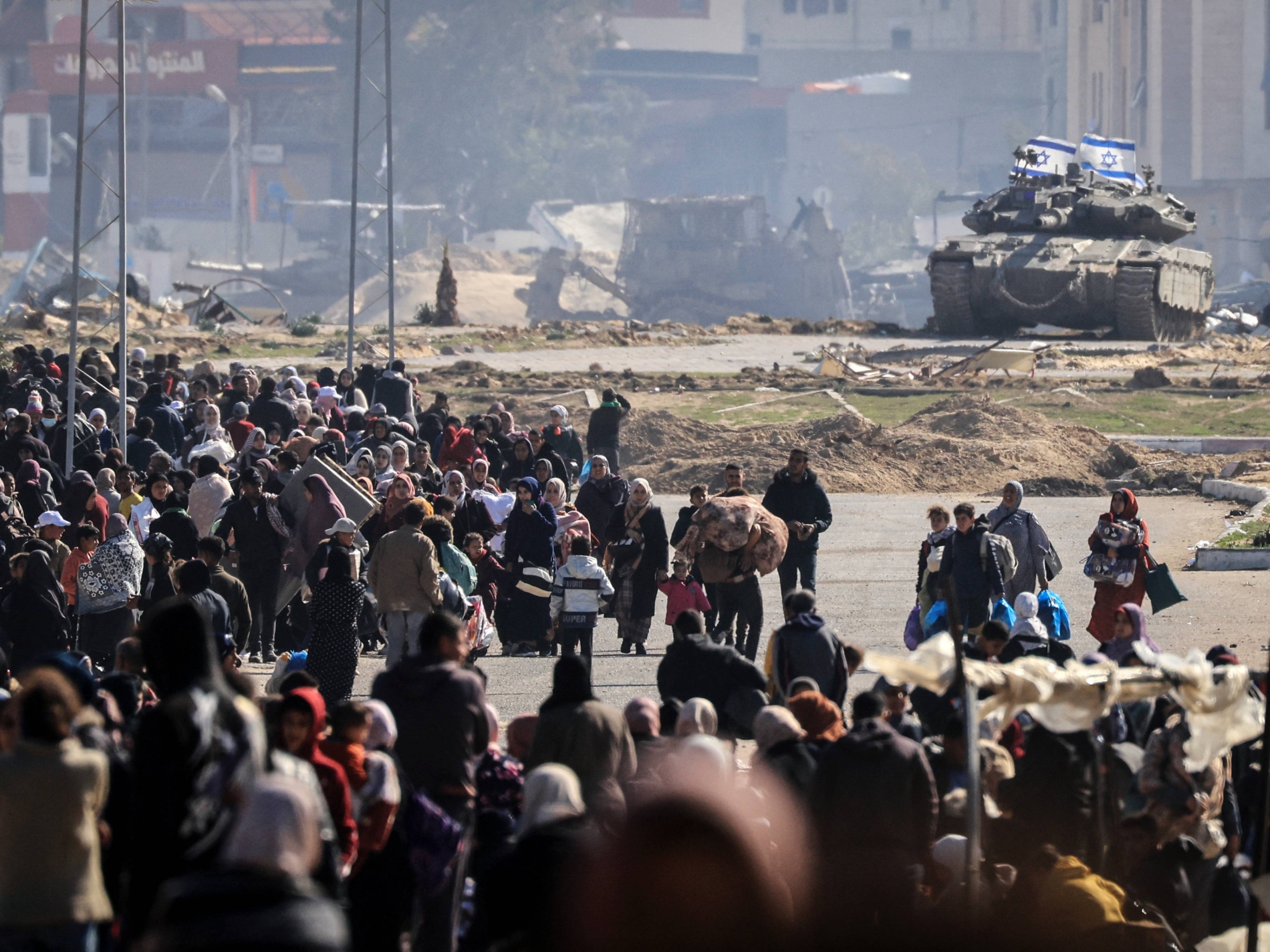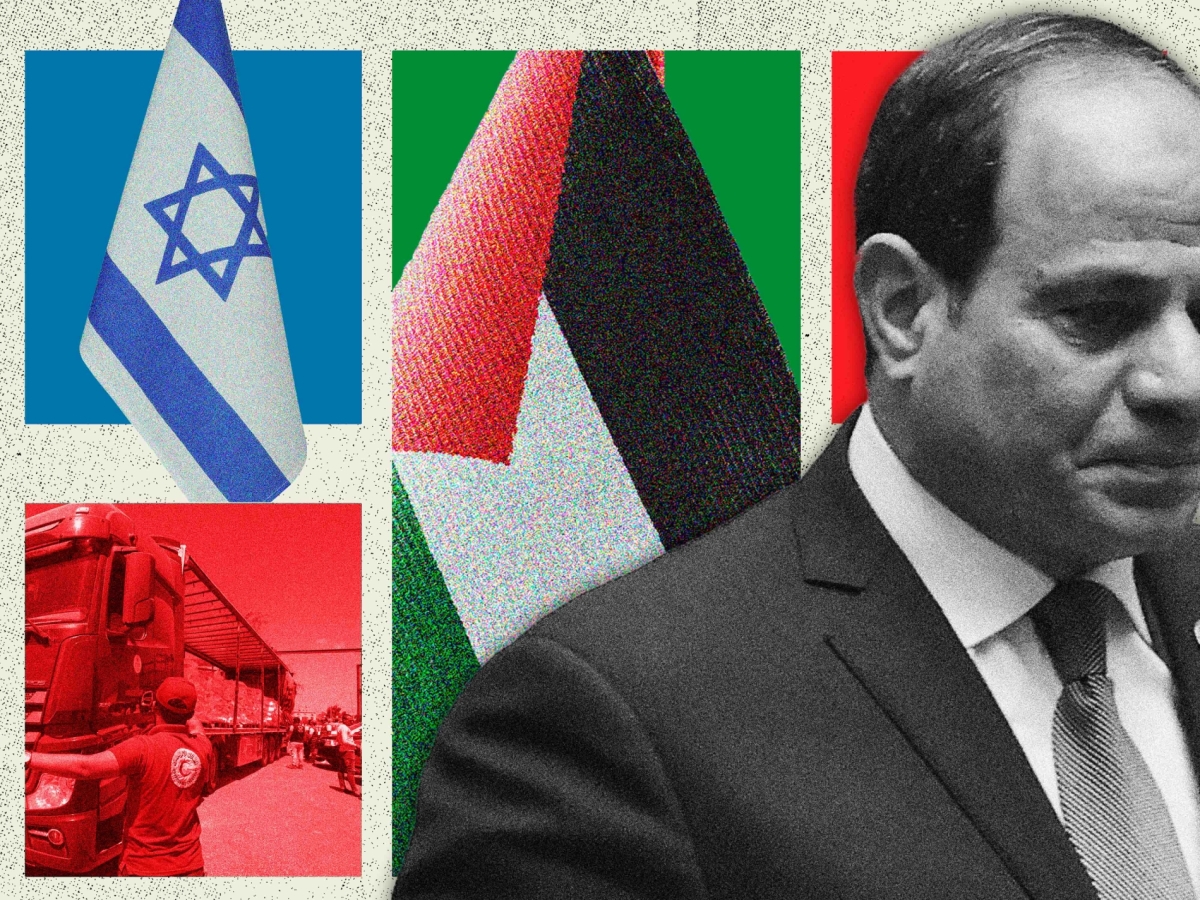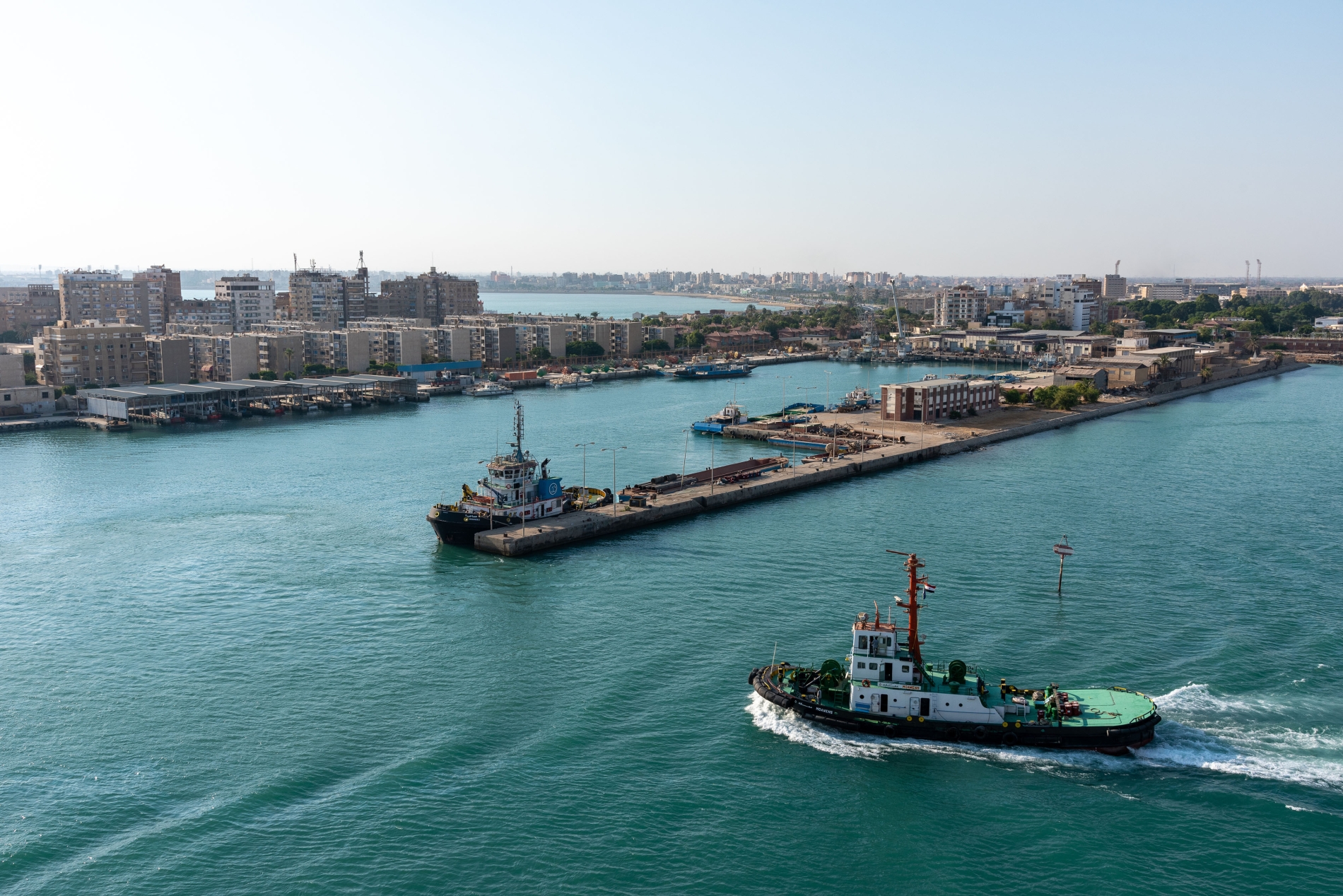Egypt saw the October 7 2023, attack against Israel as a symptom of occupation, rather than one of unprovoked terror. Notably, Cairo never explicitly condemned Hamas, and its foreign ministry was careful to describe them as a “Palestinian response”.
This not only reflected Egypt’s sympathy for the Palestinian cause but its desire to de-escalate the situation. But above all, Egypt's concerns over Gaza are more pragmatic in nature. In fact, it warned Israel about a potential Hamas operation, underscoring its desire for peace, not war. And while Tel Aviv denies it had been warned, US sources seem to back Cairo's claim.
Egypt’s worry has long been that the outbreak of war could spread to other parts of the region. It didn't want to get drawn into a conflict, given the inevitable effects on security in Sinai—the peninsula that borders both Gaza and Israel. Its fears materialised, however, with a massive Israeli military response lasting two years, killing almost 70,000 Gazans, and leaving the enclave in ruins.
Fearing an exodus
Nearly all of Gaza’s 2.3 million people have been displaced, so far only within the Strip. Egypt has repeatedly rejected any mass displacement of Palestinians into Sinai as a threat to its national security— something Israeli officials have openly called for.

Egyptian President Abdel Fattah el-Sisi said such an influx would destabilise the country, which already faces significant economic problems. Such a displacement could also imperil the 1979 Egypt-Israel Peace Treaty, he added.
Displacement fears have prompted Egyptian security reinforcements in Sinai, in what the Israelis felt was a breach of the 1979 Treaty’s Security Annex. It also strained relations between Cairo and Washington, especially after US President Donald Trump mused in February that Gaza could become a “Middle East Riviera” while asking Egypt and Jordan to take its people in.
Cairo has fought hard over the decades to maintain sovereignty over the Sinai—first against Israeli occupation, then against Islamist militants—so the mass exodus of Palestinians into the territory has been fiercely rejected.











